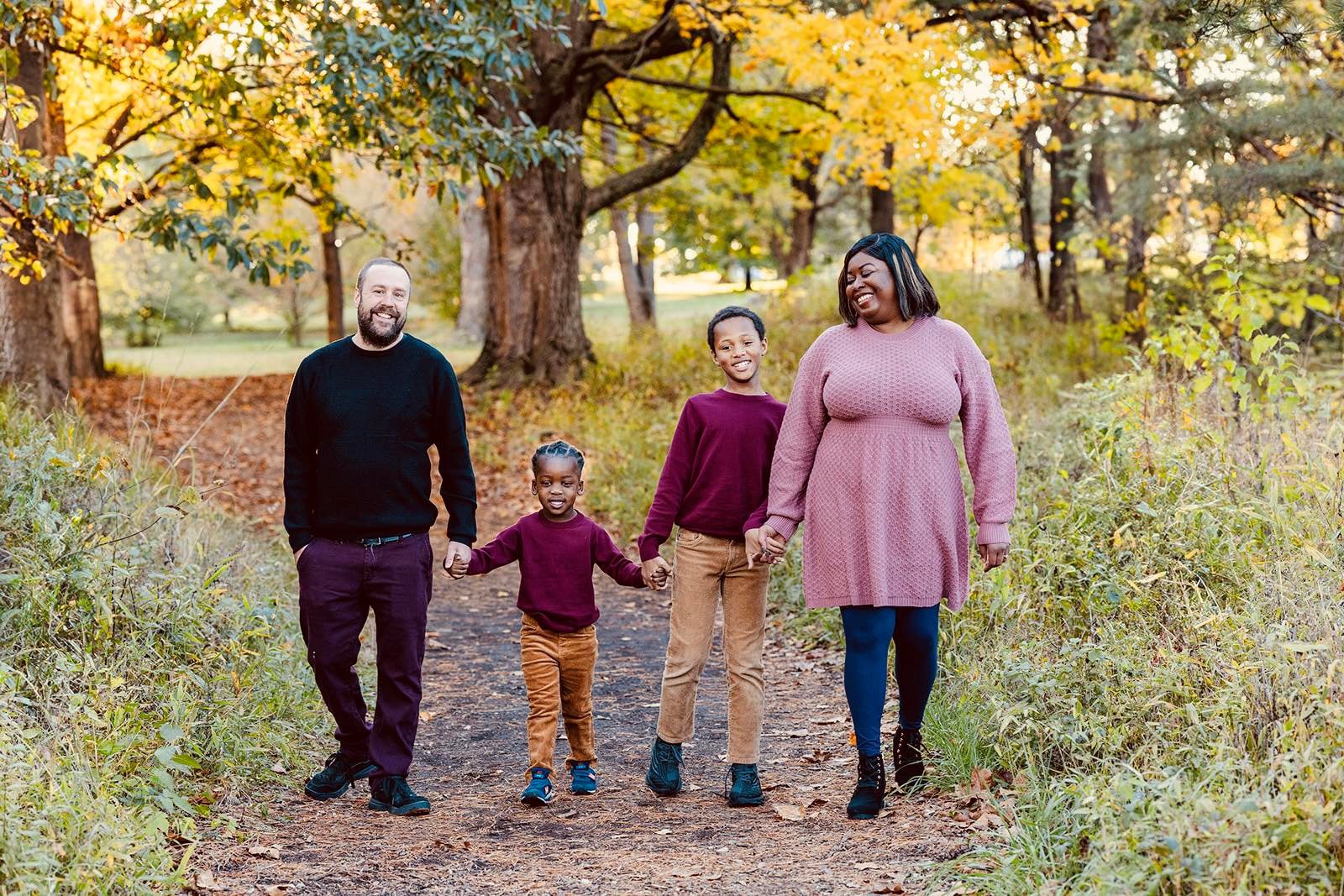What are the religious views on organ donation?
When someone dies, having a spiritual connection or faith can ease the pain of losing a loved one. Knowing that organ, eye, and tissue donation saves the lives of thousands every year can do the same. Did you know that all major religions in the U.S. support organ donation as a final act of compassion and generosity? National Donor Sabbath, observed annually two weekends before Thanksgiving, is a three-day observance that seeks to include the days of worship for major religion’s practices in the United States.
During National Donor Sabbath, faith leaders from many religions, donor families, transplant recipients, and professionals working in donation and transplantation participate in services and programs to educate the public about the need for the lifesaving and healing gifts passed to others through transplantation, while also encouraging individuals to register their decision to be organ, eye, and tissue donors.
By saying “yes” to organ donation, you can be a light to those who are waiting like Shenelle Harris, who is a two-time kidney transplant recipient. She received her first transplant in 1999, which kept her alive for 13 years. After spending time on dialysis, she received her second transplant in February of 2018.
“I don’t have the words to thank my donors and their families for this life-saving, life-altering, and life-changing gift that they have blessed me and my family with,” Harris says. “Since my transplants, I’ve had a career, earned a degree, and saw my first grandchild be born. That is something I never dreamed of and that’s all due to the graciousness of organ and tissue donation.”
Facts on organ donation and religion
There is one main question that people ask when it comes to organ donation and religion. The question is whether individual religions support organ donation and the answer is yes! In regards to religious views on organ donation, nearly all religious groups support organ and tissue donation and transplantation as long as it does not impede the life or hasten the death of the donor. Donate Life America includes a series of statements made by different faith denominations addressing organ, eye, and tissue donation and transplantation.
Knowing the viewpoints of a majority of the faith denominations can help make the decision to donate easier. It’s important to be informed on religious views surrounding organ donation, since family members who are suddenly faced with making a decision concerning their loved one’s organs may rely on inaccurate information. Of course, the decision to donate is left up to the individual or the donor’s family but is highly supported by the donor’s denomination.
Why you should consider organ donation
When Christopher Vieth’s family was presented with the option of donating his organs, their first consideration was whether or not it was the moral thing to do. As Catholics, they wanted to know what their church taught about transplantation. A representative with Mid-America Transplant assured them that the Catholic Church encouraged donation, as did all major Christian denominations.
“Some people think they could never consider donation, but when a family is face-to-face with life and death, there is value in knowing that organ donation can save another family from losing their loved one,” Vieth’s family said. “Society in many instances has devalued life. Donation overlooks race, religion, and social status and helps a family appreciate the Gift of Life that has been given to each human being”
Donation helps restore health, sight, and mobility. Consider providing hope to the more than 100,000 people awaiting life-saving organ transplants and the hundreds of thousands more in need of corneal and tissue transplants. Harris encourages everyone to register to donate life. “There’s a saying: ‘Why take your organs to heaven? Heaven knows we need them here.’” she adds. Sign up for the donor registry and increase the chance that patients waiting will get the transplants they need to survive.



